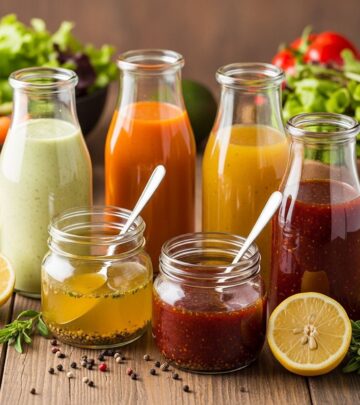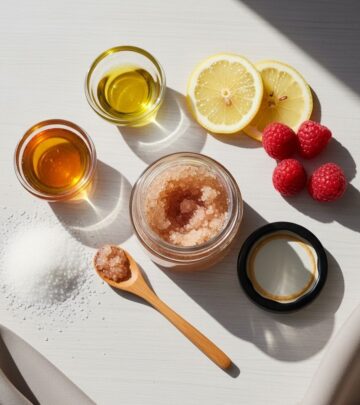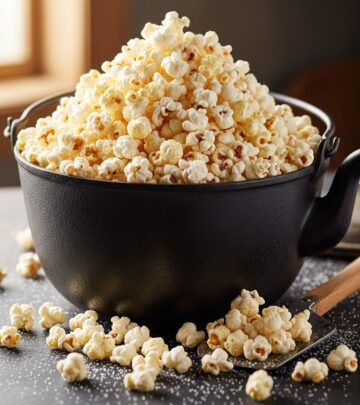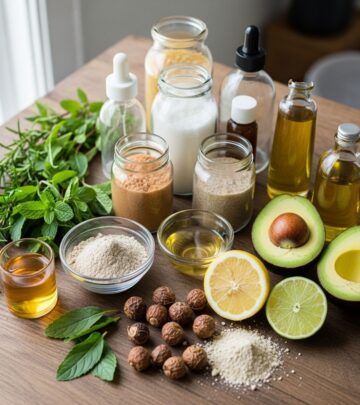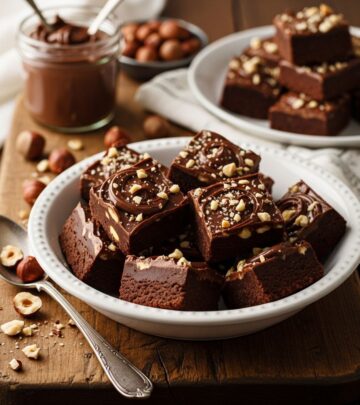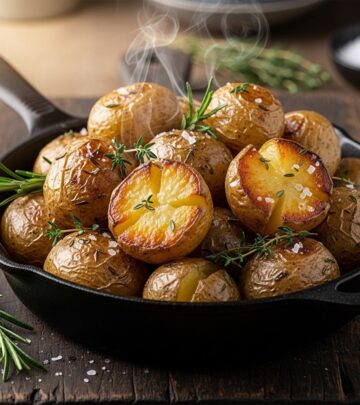Cozy Fall Comfort: The Ultimate Pumpkin Soup Recipe Guide
From roasting to garnish, discover the secrets to creating velvety fall comfort.
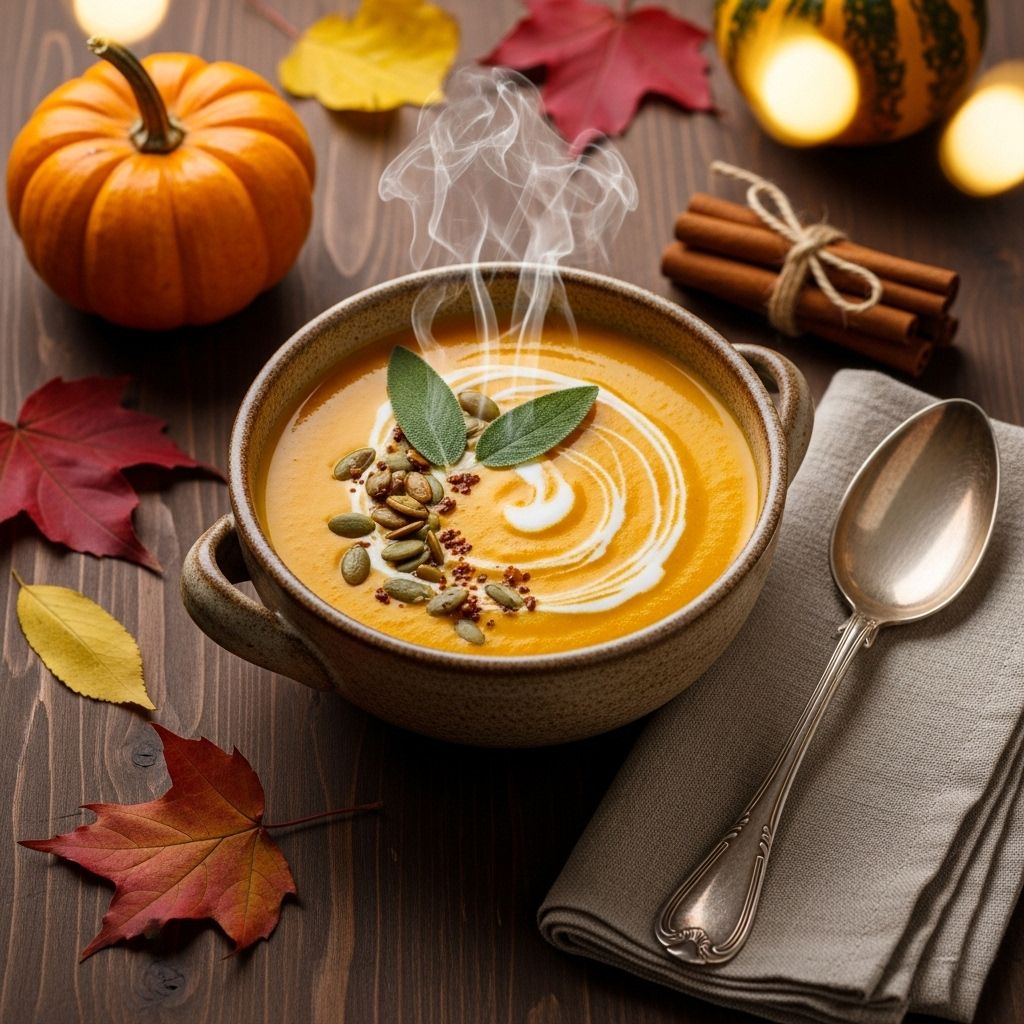
The crisp air of autumn calls for comfort in a bowl—and nothing embodies the season like pumpkin soup. Silky, nourishing, and bursting with flavor, pumpkin soup transforms humble ingredients into a stunning centerpiece for any meal. This guide covers everything you need to create the perfect pumpkin soup—from selecting ingredients to mastering the art of texture and garnish. Inspired by the beloved Pioneer Woman’s approach, you’ll learn streamlined steps, clever tips, and presentation ideas that’ll bring warmth (and a little kitchen magic) to your fall table.
Why Pumpkin Soup is a Fall Favorite
Pumpkins signal the start of cozy autumn days, and for good reason: their natural sweetness, velvety flesh, and stunning color blend beautifully in soups. Pumpkin soup is:
- Seasonal and nutritious—packed with fiber, beta-carotene, and vitamins.
- Easy to make with pantry staples or fresh produce.
- Versatile: works as an appetizer, main course, or festive side.
- Perfect for gatherings—simple to batch and serve.
Essential Ingredients & Prep Techniques
To craft your pumpkin soup, gather the following core components:
- Pumpkin Puree (about 5 cups): Homemade or canned is acceptable; roasting fresh pumpkin offers the richest flavor and color.
- Stock/Broth: Vegetable or chicken, depending on preference and dietary needs.
- Heavy Cream: For adding luxurious texture.
- Nutmeg: Infuses classic autumn spice.
- Maple Syrup: Brings subtle sweetness and depth.
- Salt: Essential for balancing and brightening flavors.
- Pumpkin Seeds: Toasted as a crunchy topping.
Optional Flavor Boosters: Garlic, onion, ginger, curry powder, coconut milk, and cinnamon can be included for added complexity.
Choosing and Preparing the Pumpkin
There are two popular methods for preparing pumpkin puree:
- Whole Roasting: Place whole pumpkins in the oven for an hour, then separate the pulp and seeds from the flesh. The skin is easy to remove post-roasting.
- Sliced Roasting: Cut, scoop out the seeds/pulp, roast chunks, and puree once cooled. This method is less messy and more manageable for separating components.
Either technique yields excellent results. Aim for about 5 cups of roasted, pureed pumpkin for a robust batch.
Stock Selection
- Vegetable Stock: Keeps the soup vegetarian and highlights pumpkin’s subtle earthiness.
- Chicken Stock: Adds depth and savory undertones.
Both options meld beautifully with pumpkin and cream.
Step-by-Step Pumpkin Soup Recipe
Ingredients
- 5 cups roasted pumpkin (fresh or canned puree)
- 3 cups vegetable or chicken stock
- 1 cup heavy cream (or coconut milk for dairy-free)
- 2 tablespoons maple syrup
- ½ teaspoon ground nutmeg
- 1 teaspoon kosher salt (plus more to taste)
- ½ teaspoon black pepper
- ½ cup toasted pumpkin seeds
- (Optional) 1 onion, 2 cloves garlic, 1-inch ginger, 1 tablespoon curry powder
Instructions
- Prepare the Pumpkin: Roast pumpkins whole or in chunks, scoop the flesh, and puree. (Skip this step if using canned.)
- Toast Pumpkin Seeds: Spread store-bought or homemade cleaned seeds on a baking sheet, toast until golden for added crunch.
- Sauté Flavor Bases (Optional): In a heavy pot, heat olive oil over medium. Sauté onion, garlic, and ginger until softened; add curry powder and cook until fragrant.
- Assemble the Soup: Add pumpkin puree, stock, salt, pepper, and maple syrup to the pot. Stir and mash the pumpkin to integrate.
- Simmer: Bring to a gentle simmer; cook until all ingredients meld (about 10 minutes).
- Puree: Carefully transfer the mixture to a blender or use an immersion blender to blend soup until silky smooth. Work in batches if needed for even texture.
- Add Cream & Spices: Incorporate heavy cream and nutmeg. Blend again to achieve bright orange, velvety consistency.
- Reheat (if necessary): Return to pot and heat gently before serving.
- Serve: Pour into bowls—or hollowed-out roasted pumpkins for festive presentation.
- Garnish: Sprinkle with toasted pumpkin seeds and a dash of fresh herbs (cilantro, parsley, as desired).
Expert Tips for Perfect Pumpkin Soup
- Texture Matters: Thorough blending ensures a creamy, light soup. Use a high-powered blender for best results.
- Balancing Flavors: Adjust sweetness (maple syrup), salt, and spice levels to taste. Nutmeg and cinnamon can be increased for a spiced profile.
- Custom Garnishes: Combine pumpkin seeds with olive oil, turmeric, and chopped herbs for a glistening, vibrant topping.
- Dairy-Free Option: Substitute coconut milk or use plant-based cream for lactose-free diets.
Soup Presentation Ideas
- Classic Bowls: Simple and elegant, garnished with seeds and herbs.
- Hollowed Pumpkins: For a dramatic, festive serving vessel—great for parties or family gatherings.
- Mini Soup Cups: Ideal for appetizers at holiday events.
Flavor Variations & Pairings
| Variation | Additions | Description |
|---|---|---|
| Classic Creamy Pumpkin Soup | Nutmeg, cream, maple syrup | Velvety, subtly sweet, traditional flavor profile |
| Curry Pumpkin Soup | Curry powder, ginger, coconut milk | Spiced, aromatic, warmly complex |
| Roasted Garlic & Herb | Roasted garlic, thyme, sage | Earthy and savory; deep herbal notes |
| Apple-Bacon Pumpkin Soup | Diced apple, crumbled bacon (optional) | Sweet, smoky—a hearty twist for autumn |
Best Pairings
- Crusty bread or artisan rolls
- Grilled cheese sandwiches
- Roasted autumn vegetables
- Crisp orchard salads with apple or pear
Nutrition Benefits of Pumpkin Soup
- Pumpkin: High in Vitamin A, fiber, and antioxidants which support vision and immunity.
- Nuts & Seeds: Offer healthy fats and protein.
- Vegetable stock: Keeps calories moderate.
- Cream: Provides rich flavor—use lighter alternatives for reduced fat.
Storage, Leftovers, and Make-Ahead Tips
- Soup keeps well for 3–5 days in the refrigerator, tightly sealed.
- Freeze in portions for up to 2 months; thaw and reheat gently, stirring to restore texture.
- Make base ahead, add cream before serving to maintain silkiness.
Creative Serving Suggestions
- Top with roasted nuts or crunchy croutons for extra texture.
- Drizzle with infused oils or flavored crema.
- Serve in mini pumpkin bowls for a show-stopping fall centerpiece.
Frequently Asked Questions (FAQs)
Q: Can I use canned pumpkin puree instead of fresh pumpkin?
A: Yes! Canned pumpkin puree saves time and delivers excellent flavor and texture. Opt for pure pumpkin, not pie filling.
Q: How do I make this soup vegan?
A: Substitute vegetable stock for chicken stock and coconut milk or plant-based cream for heavy cream.
Q: Can I add other vegetables?
A: Absolutely. Butternut squash, carrots, or sweet potatoes blend beautifully when roasted and pureed with pumpkin for added depth.
Q: Should I peel pumpkin before roasting?
A: If roasting whole, peel after roasting—skin separates easily from flesh. If slicing first, peel before roasting for best results.
Q: What toppings work best?
A: Toasted pumpkin seeds, fresh herbs (cilantro, parsley), infused oils, or a dollop of cream. For crunch, add roasted nuts or croutons.
Q: How do I puree the soup smoothly?
A: Use a counter blender or immersion blender. For the smoothest results, blend in batches, ensuring uniform texture.
Bring Autumn to Your Table
Whether you’re new to pumpkin soup or perfecting a signature recipe, this guide delivers the steps, tips, and inspiration to enjoy fall’s best flavors. From roasting techniques to creamy, blended bowls and creative toppings, each detail elevates this classic soup into something unforgettable. Ladle it up for quiet evenings, family feasts, or autumn celebrations—a single spoonful will have you embracing all that’s cozy and bright about the season!
References
- https://www.youtube.com/watch?v=N1hKbQRWsaE
- https://www.thepioneerwoman.com/food-cooking/recipes/a10399/pumpkin-soup/
- https://www.thepioneerwoman.com/food-cooking/recipes/a103161/simple-roasted-butternut-squash-soup/
- https://food-network.app.link/5awZWxhcGmb
- https://www.thepioneerwoman.com/food-cooking/meals-menus/a11183/my-favorite-pumpkin-recipes/
Read full bio of Sneha Tete

